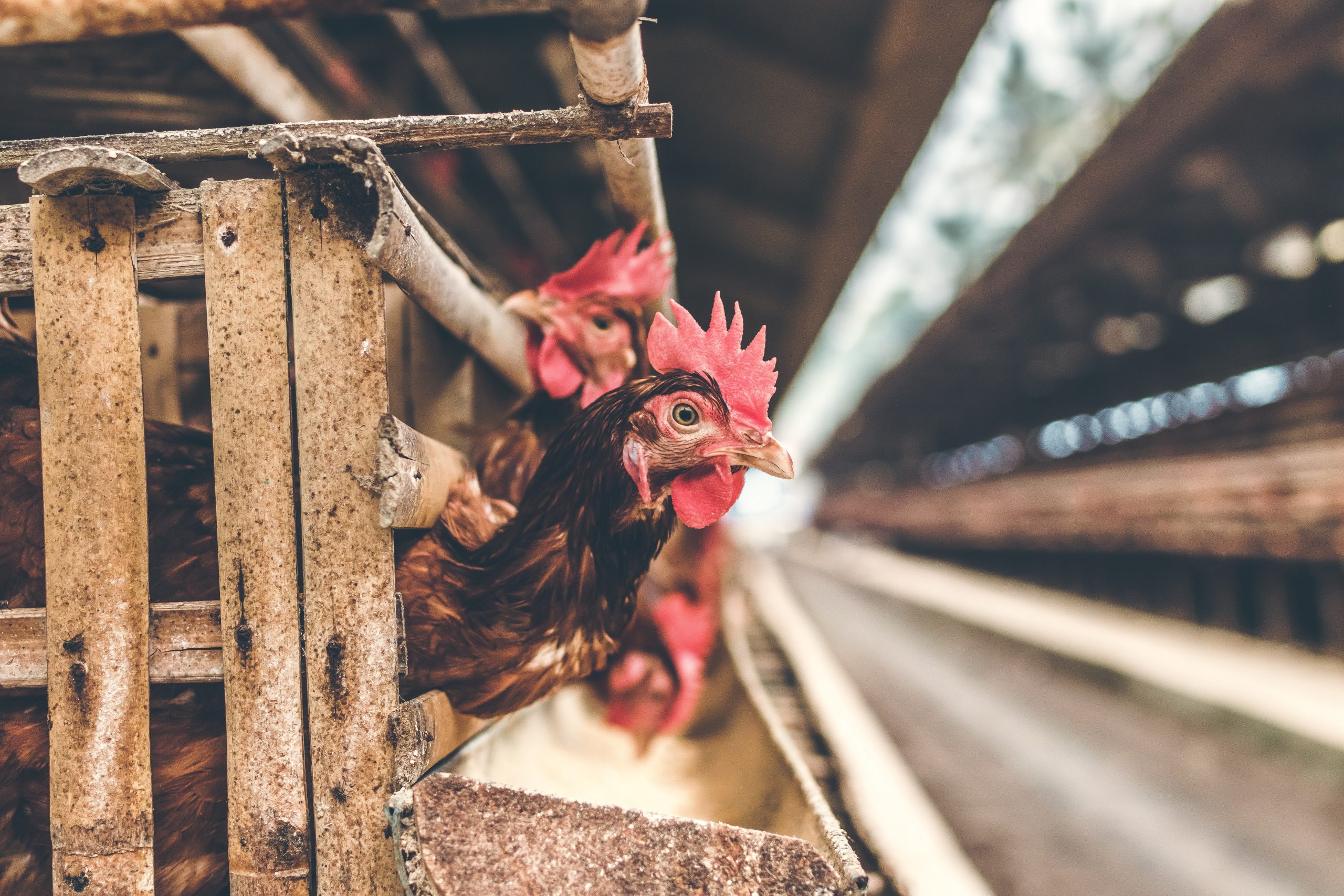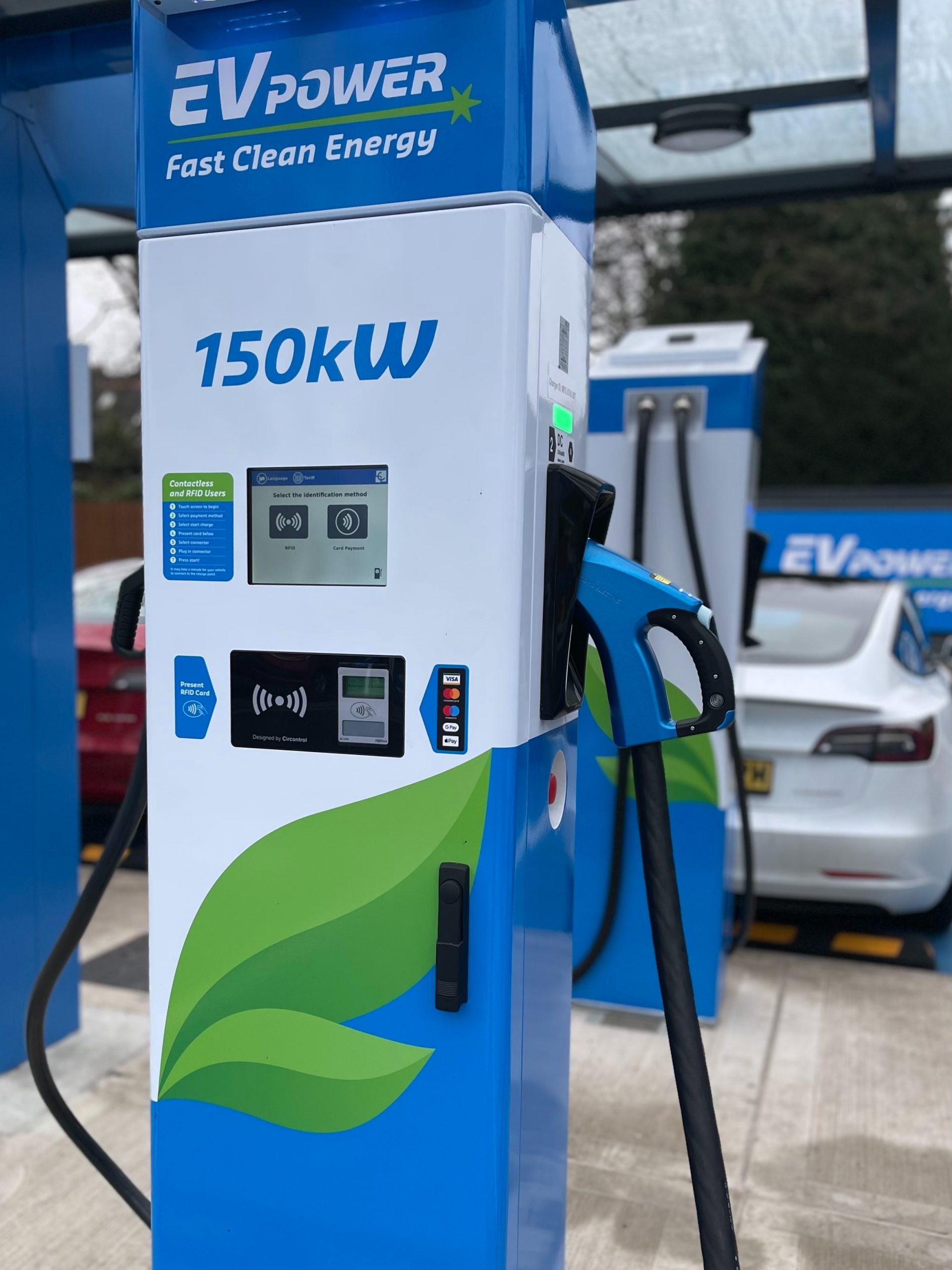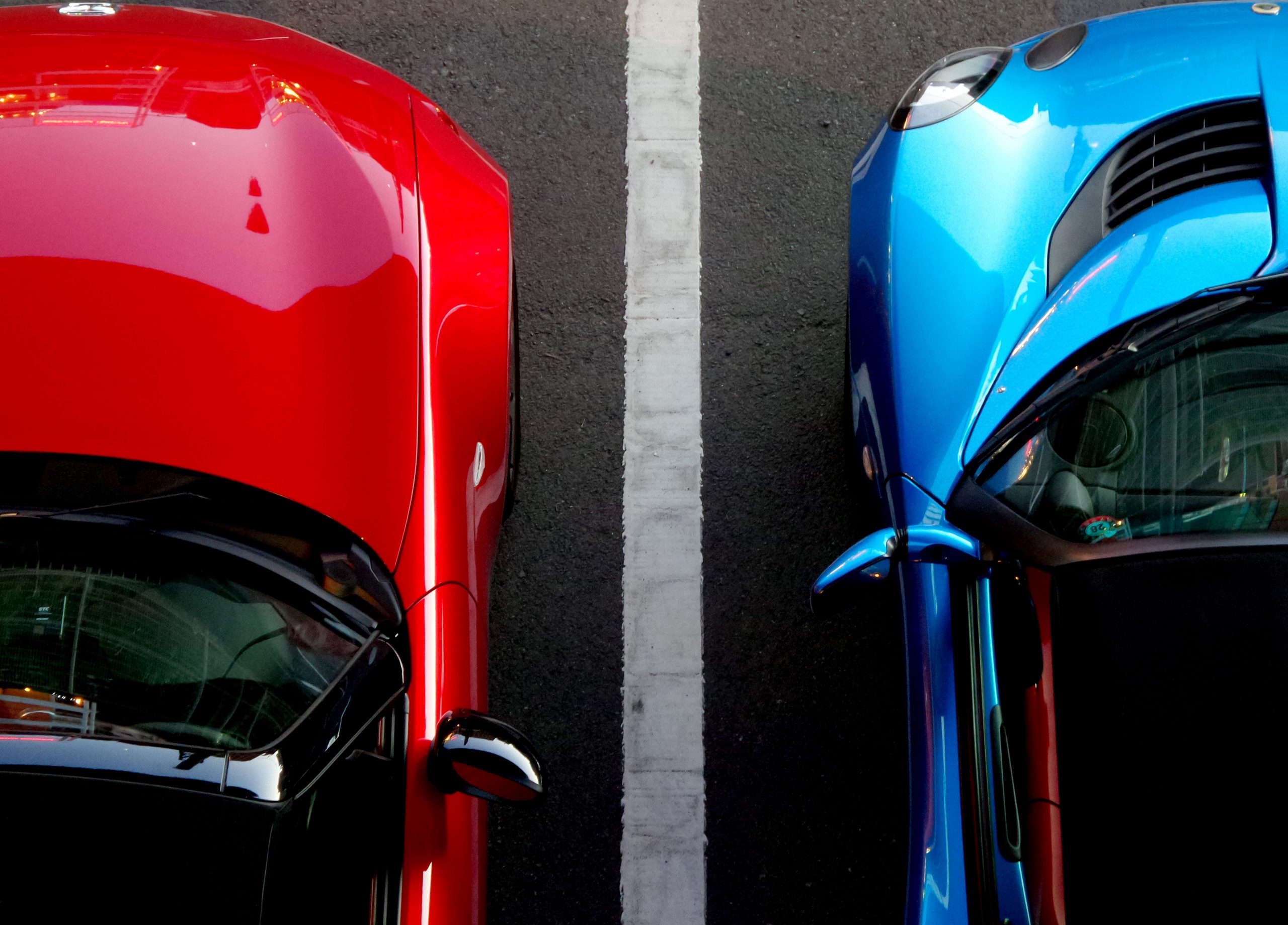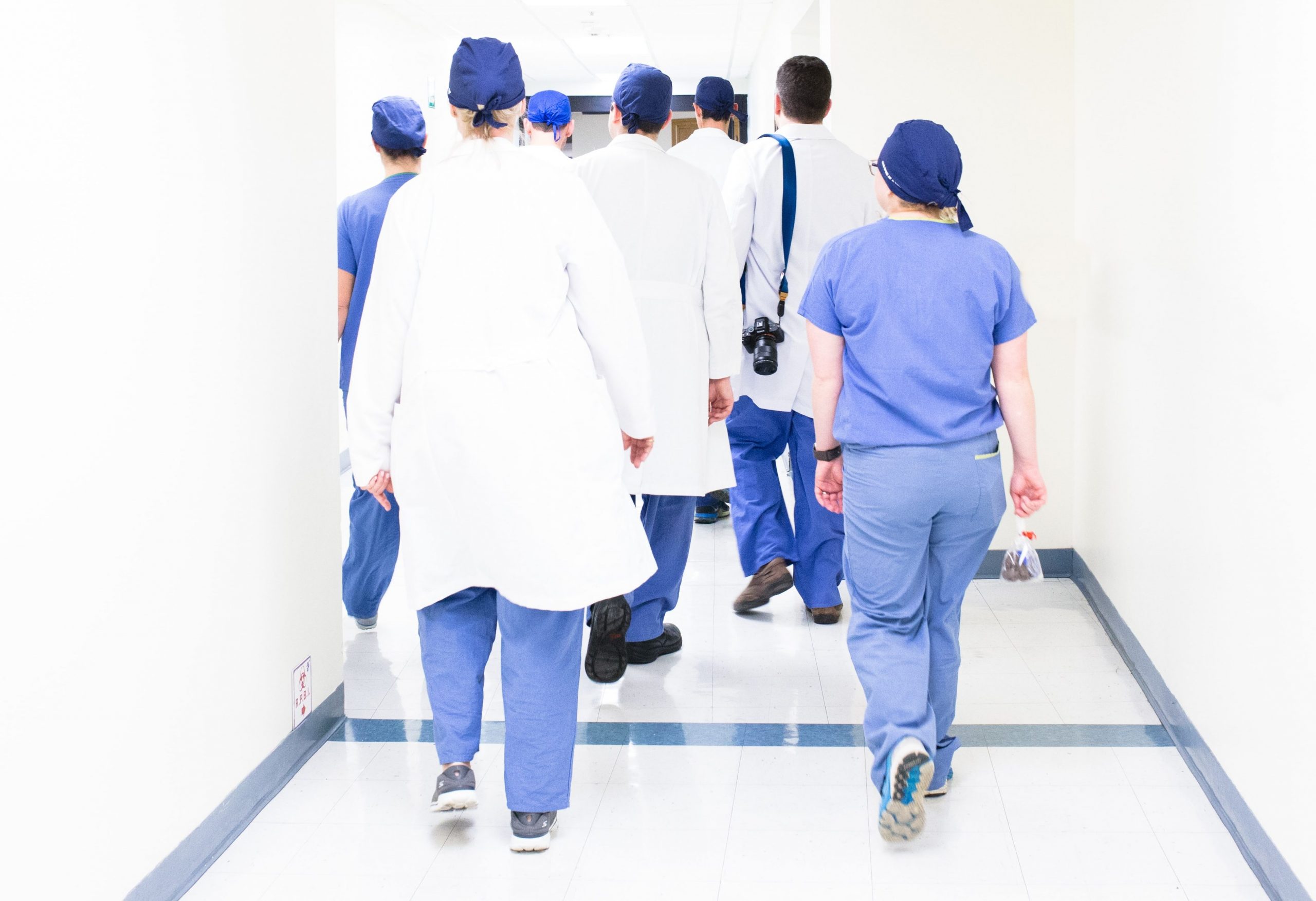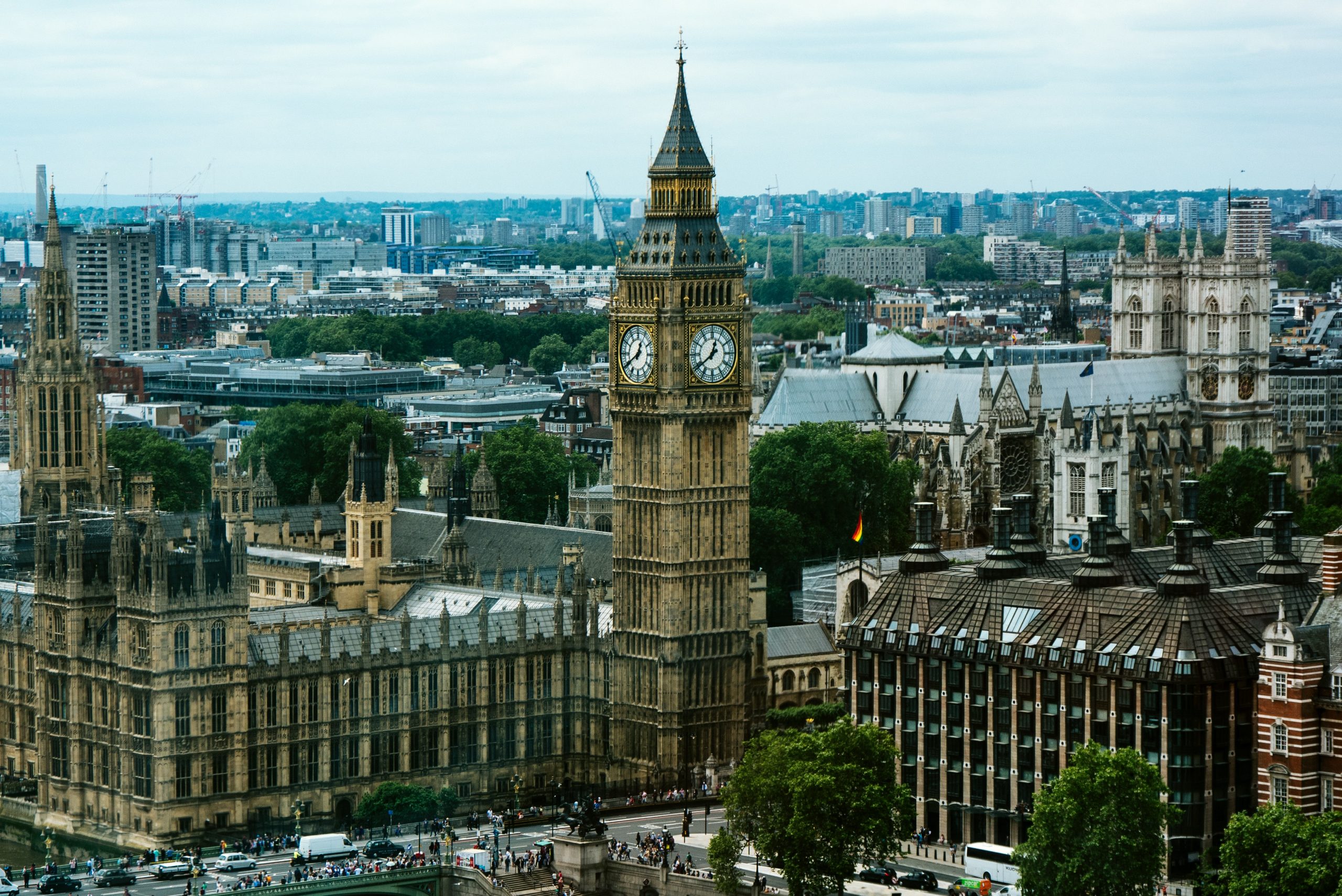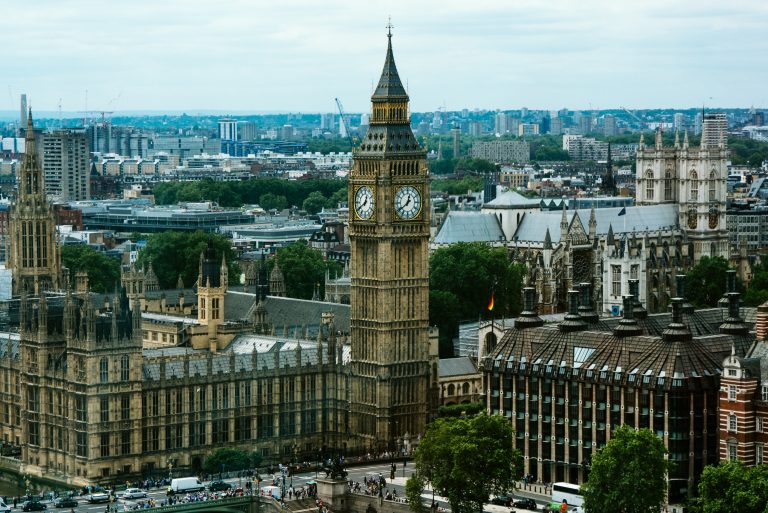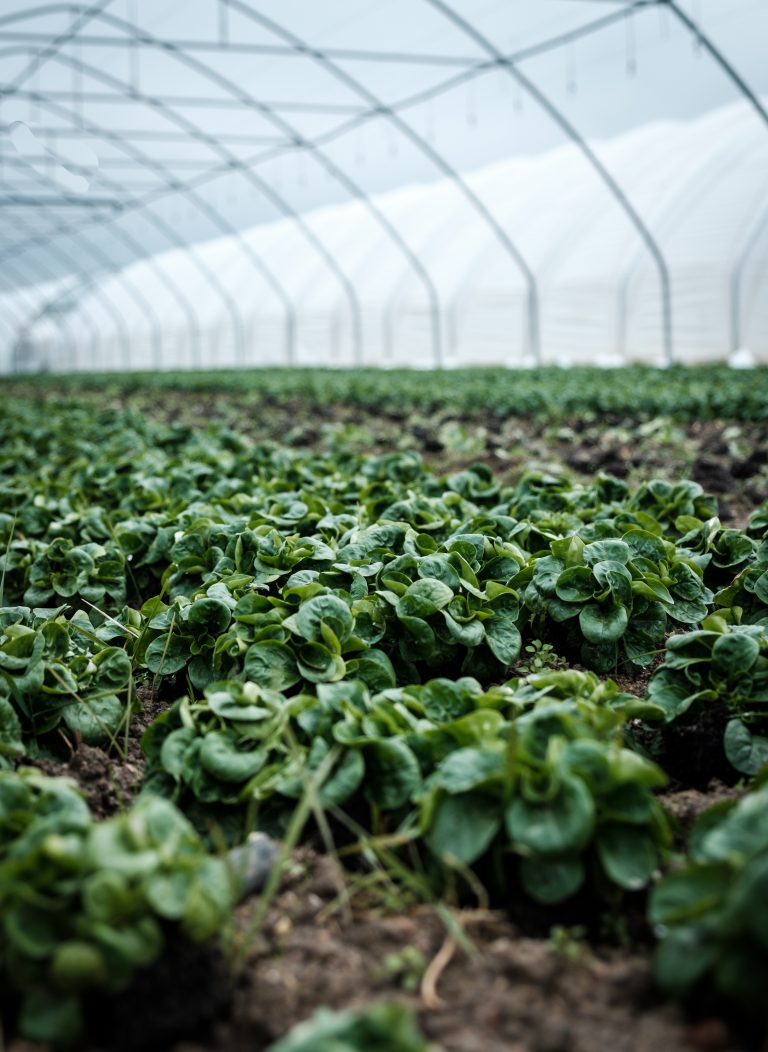Tesla Quality Issues: The Economic Cost of a Damaged Reputation – Video
Abstract: This video explores Tesla’s mounting problems in China. In 2018, Tesla announced that it would be building its first Gigafactory outside the United States in Shanghai. China has emerged as the world’s biggest auto market and as an important market for electric vehicles. Tesla, a world leader in electric cars, has been selling to Chinese drivers since 2013, however, by building a factory in the country, Tesla hoped to better position itself to follow market trends and to avoid shipping costs associated with exporting from the United States. Production in Shanghai also provided insurance against trade wars that could disrupt accessibility to the important market. At the time of the investment, the United States and China were in the midst of a heated trade war, prompting China to make an unusual offer to Tesla, an invitation to build its Gigafactory without making the typical commitment of partnering with a local company. Beijing hoped that the move would dispel the view that China was only interested in foreign investment on its own terms. Now though, Tesla has been the focus of increased scrutiny from Chinese consumers and regulators who are concerned that there may be significant quality and safety issues with Tesla products produced at the Shanghai plant. Upstarts like China’s NIO along with industry giants like VW see Tesla’s woes as a possible opening into what is quickly becoming a crowded electric vehicle market.
Discussion/Questions:
- Tesla’s problems in China over the quality and safety of its vehicles are threatening its reputation as a technological innovator and industry leader. Consider the economic value of a reputation. If Tesla’s reputation is damaged, what will the economic impact be for the company? Does it matter if the quality and safety issues are limited to vehicles produced in the factory in Shanghai?
- Unlike its competitors in China which have all been required to partner with a local company as a prerequisite for investment, Beijing granted Tesla relatively free access to the market, allowing the company to operate its Gigafactory in Shanghai as a wholly owned entity. What are the benefits and drawbacks associated with outright ownership as compared to a jointly held operation?
- Why, in the case of Tesla, did Beijing move away from its usual demand that foreign investors partner with a local company? What did China hope to gain by allowing Tesla to operate its Gigafactory independently? How will other automakers operating in China be affected by Beijing’s policy toward Tesla and what does it mean for future investment by foreign companies?
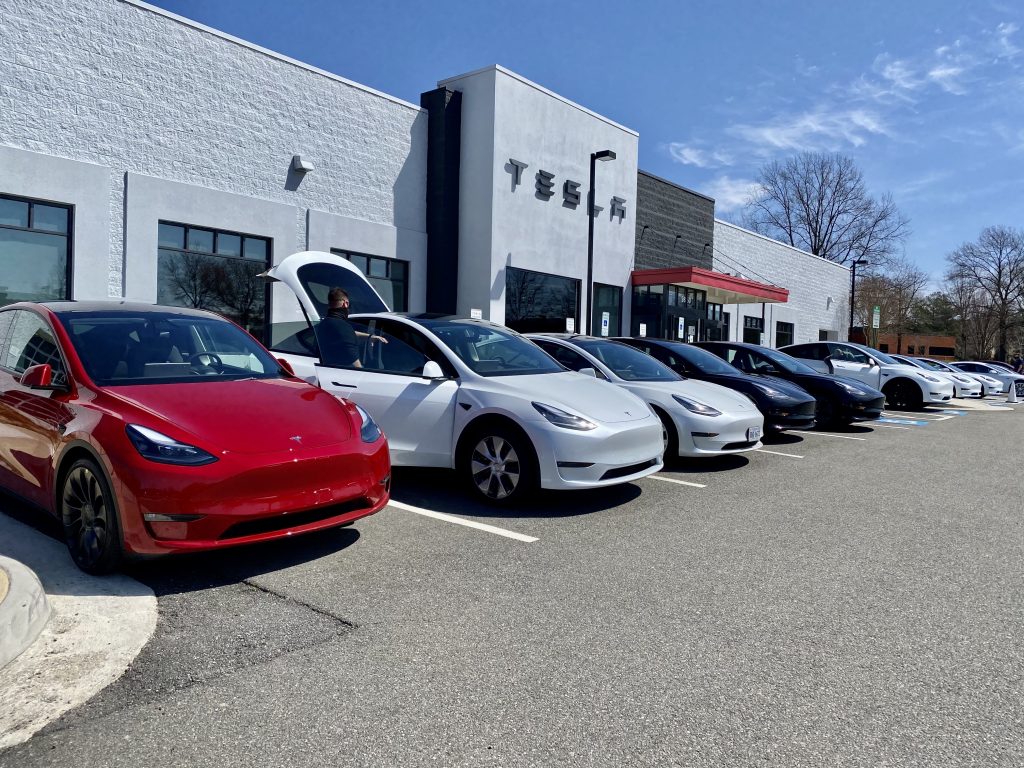
Notes: China’s growing role as a driver in the future of the global auto industry is perhaps most evident in the huge number of electric vehicles sold in the country. Indeed, as part of its position as the world’s biggest car market, China also boasts a white-hot market for electric vehicles, something that did not escape the attention of electric vehicle maker, Tesla. The California based car maker, a market leader in electric vehicles, earned some $6.6 billion in revenues in China in 2020, making the country one of its most important markets. Accordingly, reports that some of its cars may not be meeting Chinese safety standards are particularly concerning for a company that hopes to continue to capitalize on China’s thirst for electric cars. Recently, images of Tesla cars catching fire have appeared on Chinese news broadcasts, and on social media, videos showing Tesla drivers struggling with acceleration problems have been circulating. Indeed, the concerns about whether Tesla cars are safe to drive have prompted Chinese regulators to demand answers from Tesla and require the company to respond to customer complaints.
Tesla’s history in China is only a decade less the company’s existence in general. Tesla opened its first showroom in Beijing in 2013, and began taking online pre-orders for its Model S. By 2019, it was clear that Tesla needed to have a bigger presence in the world’s biggest electric vehicle market, and Tesla made the decision to break ground on its Gigafactory located in Shanghai. Tesla’s move was a first in many ways. As the first foreign automaker permitted to build and run its own plant without the standard requirement that the company have a Chinese partner, Tesla was free to run its Chinese operations without any encumbrances. Other auto companies operating in China, including Mercedes and Volkswagen, a company that could be one of Tesla’s strongest competitors in the electric vehicle market, were forced to join forces with Chinese companies, thereby limiting their ability to pursue their own strategies in China. The unusual access given to Tesla came at a time when Beijing wanted to showcase opportunities for investment in China. In 2018, Beijing and the United States were locked in a bitter trade war that was impacting a wide swath of companies and industries in both countries and perpetuating the notion that China was only open to foreign business on its own terms. The move by Beijing to allow a globally prominent company like Tesla to invest in the country without restriction was an opportunity for Beijing to dispel that view and show the world that that the country was open for business and would not discriminate against foreign investors. For Tesla, it was a prime opportunity to quickly develop a presence in a market that is central to the electric vehicle industry.
After gaining government approval for its investment, Tesla moved to secure financing from Chinese banks and set to work to build its Gigafactory. The goal was to be ready to deliver its first cars by early 2020. That goal meant that Tesla had to get the factory up and running in less than a year, roughly half the time it took to build its Gigafactory near Reno, Nevada. Now, some people are wondering whether Tesla moved too fast, and perhaps cut corners in the process. While the speed at which the Shanghai plant was built allowed Tesla to deliver a record 500,000 cars across the world in 2020, regulators in China have indicated that there is an unusual uptick in customer complaints related to the quality of their Tesla vehicles. While Tesla has said that it will investigate the claims and respond as necessary, there is concern that if Tesla cannot quickly reassure buyers of the quality and safety of the cars being produced in Shanghai, future sales could be jeopardized. So far, Tesla has ignored questions asking if the speed at which it scaled up in China could be affecting the quality of the vehicles it produces there, but it has acknowledged that it has experienced production problems in the country. Now, with competitors like Chinese upstart NIO along with more established companies like Volkswagen standing ready to capitalize on any slipup by Tesla, the Freemont-based company is at a critical juncture. How Tesla handles this situation could have a very real impact on the company’s future in a market responsible for 20 percent of its overall revenues.
Source: https://www.wsj.com/video/tesla-quality-issues-threaten-its-dominance-in-china-ev-market/48ABFC5F-C688-491F-A56C-5DF8EC55BCA4.html (Run Time: 6:27)

